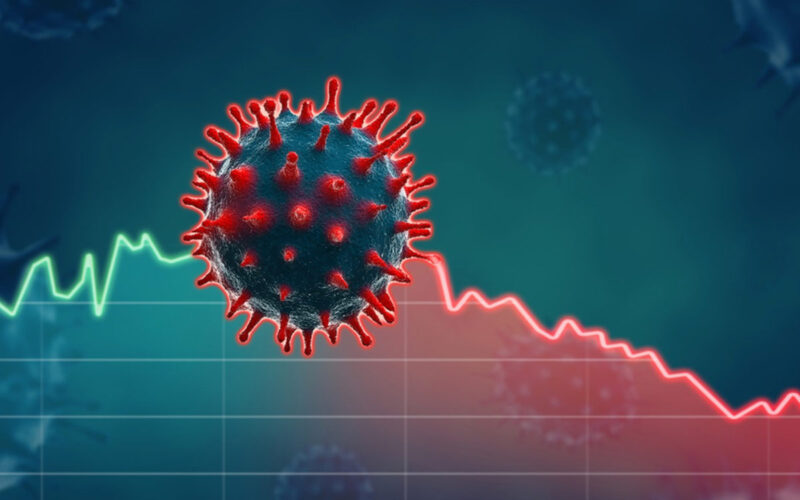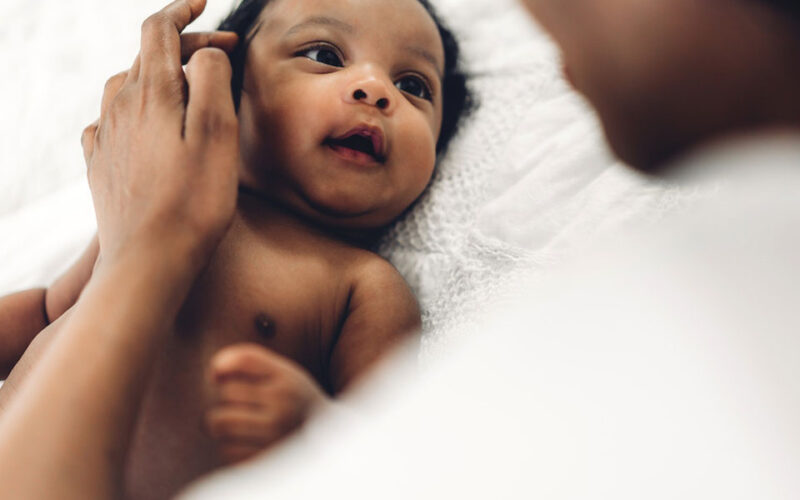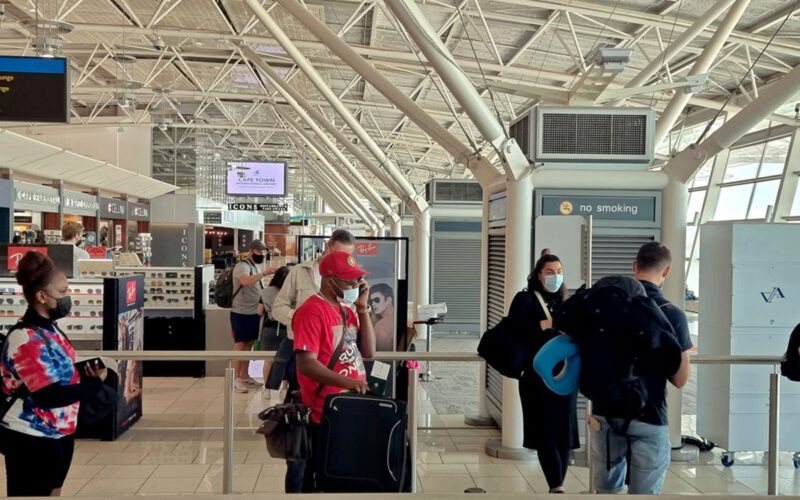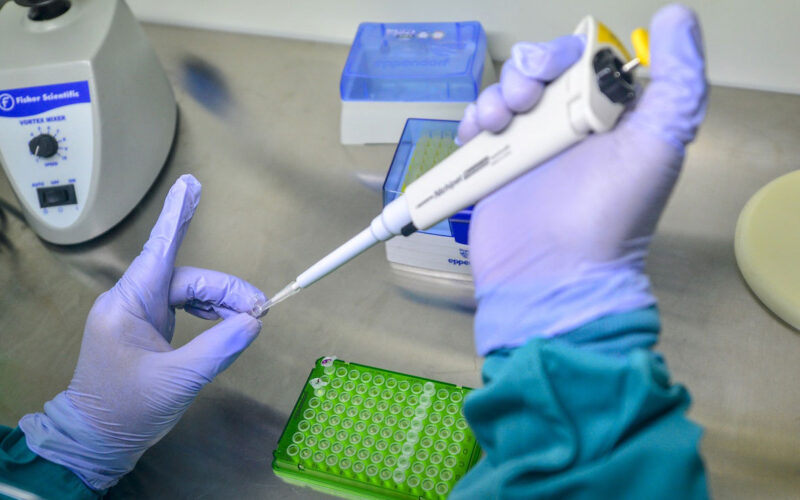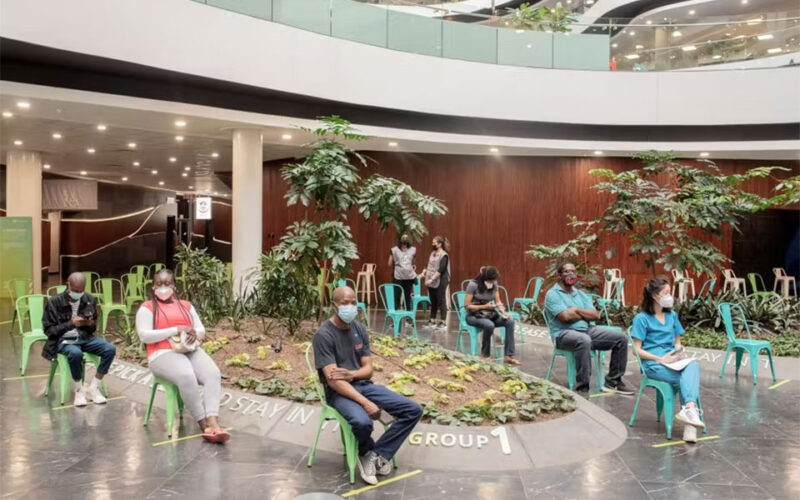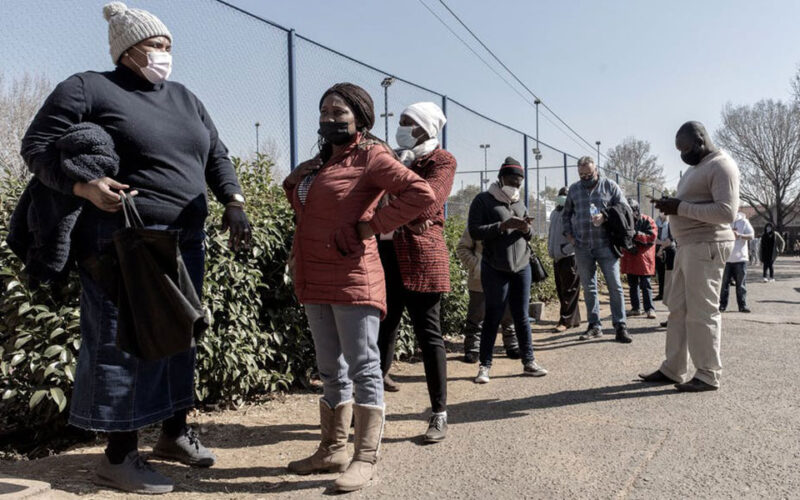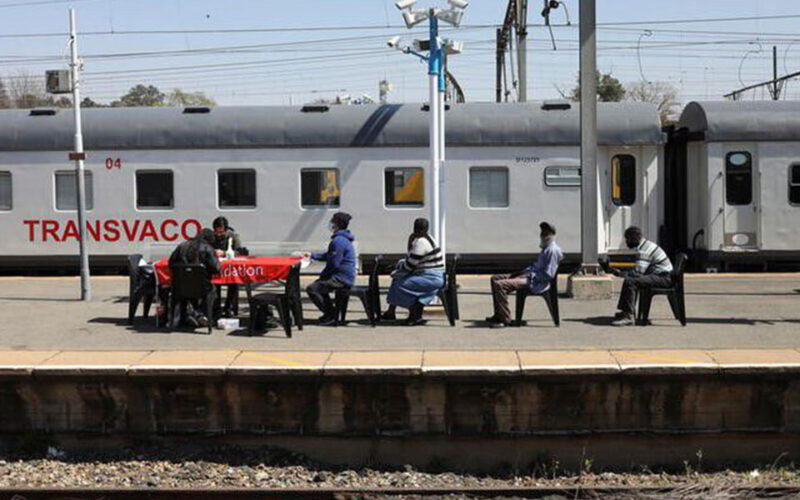
How the pandemic lockdown in South Africa affected mental health
WHEN SARS-CoV-2 emerged in South Africa, the country took measures to restrict people’s movements and activities, to slow the spread of infections. There were various levels of restrictions, the most severe being in place in March and April 2020. During this “hard lockdown”, many people in South Africa really struggled. Not only did they have financial difficulties but the lockdown took an emotional and mental toll. The common themes, no matter where people lived, were feelings of anxiety, frustration and isolation. And as lockdown went on, those feelings got worse. Author CAROLINE SOUTHEY, Founding Editor, The Conversation In today’s episode…

